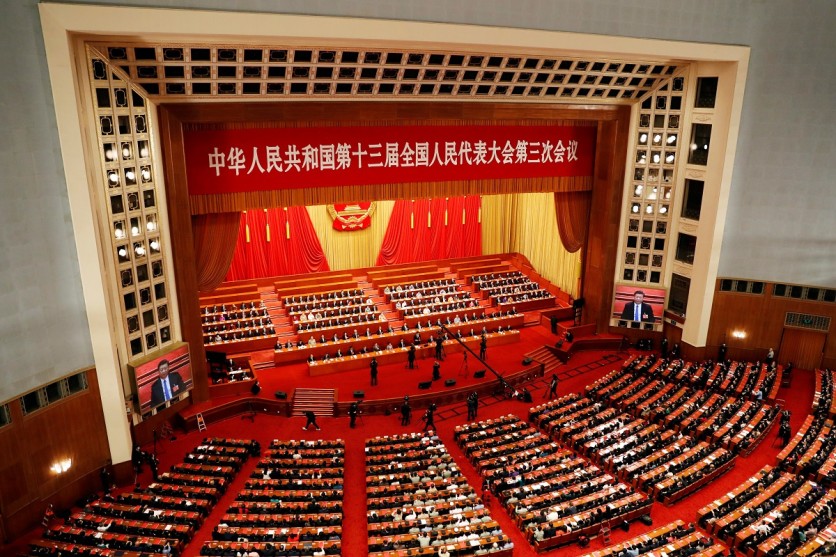China has recently reviewed its implementing stricture measures to prevent children from getting addicted on various online contents. Legislators recently voted on Saturday, October 17, to revise the laws and ask online service providers to set time and consumption limits for minors.

According to Engadget, based on a report from state new agency Xinhua, Chinese top legislators voted to revamp the law to ban internet services and products, which "induce addiction" among children. The revision also asks streaming and gaming companies as well as social media networks to set up consumption and time limits to stay legal.
China's Protection of Minors Law revision forces sites set limits
The revised Law on the Protection of Minors will take effect on June 1, 2021 after it was approved before the closing meeting of a regular session of the National People's Congress' Standing Committee. This will empower parents and kids to ask internet service providers to make necessary actions and measures to stop cyberbullying such as removing and blocking content as well as or disconnecting links. The law will ultimately strengthen the state's cyberspace protection among minors.

China act has already done such restrictions before, and the revision of the law is merely putting formality on them to some extent. Back in 2018, China has already set up video game ethics committee to prevent game addiction, violence, sex, and even short-sightedness that are said to be caused by too much screen time.
While Tencent and other developers have already installed security features, being legally threatened for an explicit ban among addictive online services and contents could force game creators and websites to set up checks to stay online, even when children will not be hooked on them.
How Does China Protection of Minors Law Work?
While the revisions on Protection of Minors law mostly affect digital goods, it could also have an effect on the games and services made in China that are exported worldwide.
According to the revision, providers of online products and services that induce addiction shall not be offered to children below 18 years old. These companies include gaming, livestreaming, audio and video services as well as social media shall have functions that will set time and consumption limit for kids.
Meanwhile, children who are subjected to cyberbullying as well as their guardians and parents may inform their internet service providers to do something to thwart the bullying or spread of any information related to the case. Companies may take measures such as deleting posts, disconnecting links, or blocking contents, among others.
Aside from cyberbullying, the law now also have provisions on sexual harassment and assault against minors. The revision states that kindergartens and schools shall not hide criminal and illegal acts while they must immediately report such incidents to the education and public security authorities as well as cooperate with related departments.
To prevent and stop bullying, the revision also requires schools to create a system for the prevention and control of bullying among students, as well as provide proper training for teachers, students, and staff on these vital matters. Meanwhile, the revised law also strengthens the responsibilities of guardians over children who were left under their care while it also enhances children's social protection.
Related article: TOTAL BAN: China Wants to Ban ALL Online Gaming and Chats After Animal Crossing Mishap?
This is owned by Tech Times
Written by CJ Robles
ⓒ 2026 TECHTIMES.com All rights reserved. Do not reproduce without permission.




